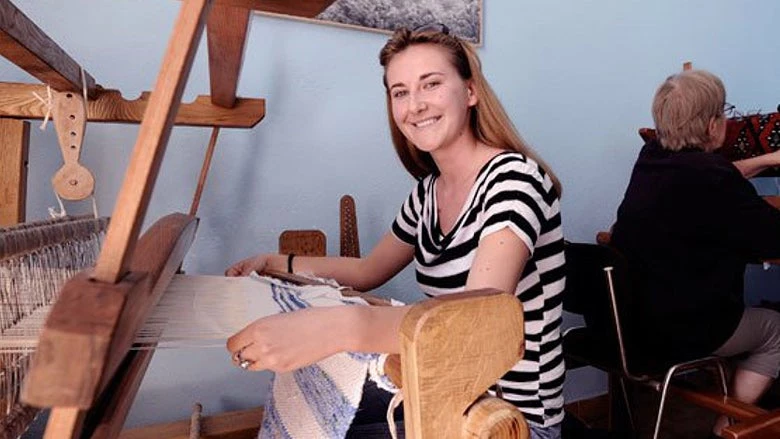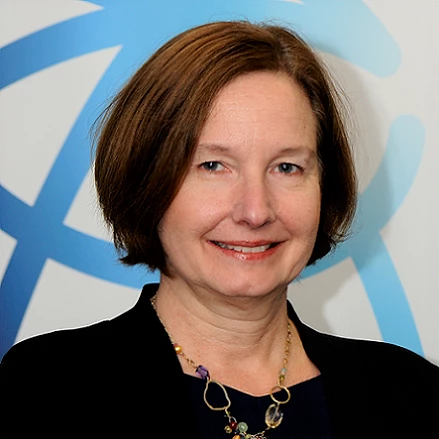
Stories like these remind me of the vast economic potential of this region, especially if countries here tap into one of their most valuable resources: women.
The economic benefits of gender inclusion are well known. For example, women entrepreneurs have a 5 percent greater likelihood of innovation than their male peers. Credit Suisse also finds that Fortune 500 companies with female representation perform better than those without. Closing the gaps in labor market participation and entrepreneurship in the Western Balkans can significantly increase the region’s growth prospects.
So, with economic growth and job creation a high priority for every country in the Western Balkans, it’s time for us to amplify our efforts in promoting female entrepreneurship in the region – efforts which will lead to jobs, drive female participation in the economy, and create economic benefits for all.
Beyond their contribution to economic growth and job creation, research shows that female-led enterprises employ more women, increasing their control over resources, which, in turn, leads to improved health and education outcomes for children (among other socio-economic benefits). Increasing economic participation among women - especially in micro-small- and-medium enterprises (MSME’s) - can reduce poverty and boost inclusive growth, yet participation rates among women remain low in the Western Balkans.
A vital component in addressing this challenge is better information. Scarce data on MSMEs, particularly gender dynamics, makes it difficult to even identify the primary challenges facing women entrepreneurs, let alone design policies to address them.
The agenda to promote women’s access to economic opportunities is broad and calls for actions that can address myriad obstacles – from lack of access to affordable childcare, to disincentives in labor regulations, to limited access to registered ownership of property. Building the evidence base on what the challenges are how we can address them is instrumental in helping us design policies recommendations and initiatives that can overcome these exact challenges.
Every year, countries in the Western Balkans lose an average of 18 percent of their total GDP due to gender gaps in the labor market. This figure amounts to more than the GDP of Serbia. One-third of this loss is due to distortions in the choice of occupations between men and women. The remaining two-thirds corresponds to costs associated with gaps in labor force participation. This is why a team at the World Bank has been working to close the knowledge gap on women’s access to economic opportunities, introducing a series of surveys and initiatives in Bosnia and Herzegovina, Kosovo, FYR Macedonia, and Serbia.
This work includes a survey on MSMEs in Bosnia and Herzegovina, where only about 27 percent of SMEs are female-owned and just 9.3% of enterprises have a majority female ownership in this country. The survey, designed to increase our understanding of the driving factors behind lower rates of economic participation among women, shows that female-led firms in Bosnia and Herzegovina are concentrated in low-productivity sectors and tend to be smaller, on average. These firms do not use financial products and services as often as male-led firms and face more obstacles when they do.
Furthermore, while female-led MSMEs in the country perform well on some financial capabilities metrics, they fall behind on increasing the profitability of their firms, analyzing and developing business opportunities, and getting information and advice.
This work focuses on key challenges, as well as recommendations for overcoming them. Policy reforms and regulations can improve the business environment for female-led MSMEs. More financial education, including trainings on interacting with financial institutions and identifying the right financial products and services, can help ensure female MSME owners and managers have access to necessary financial resources. Mentorship is also a crucial element in enhancing management capacity and addressing gaps in access to markets and networks.
While this survey – as one of the first, in-depth efforts to disentangle the multidimensional constraints that hinder women-led enterprises and address key data gaps – is crucial, it is merely an opening salvo in our struggle to boost female entrepreneurship in the Western Balkans.
I look forward to another year of meeting with champions like Marija and Valoriana – women who go beyond the data, showing us exactly how to transform this call to action into concrete, positive change.


Join the Conversation